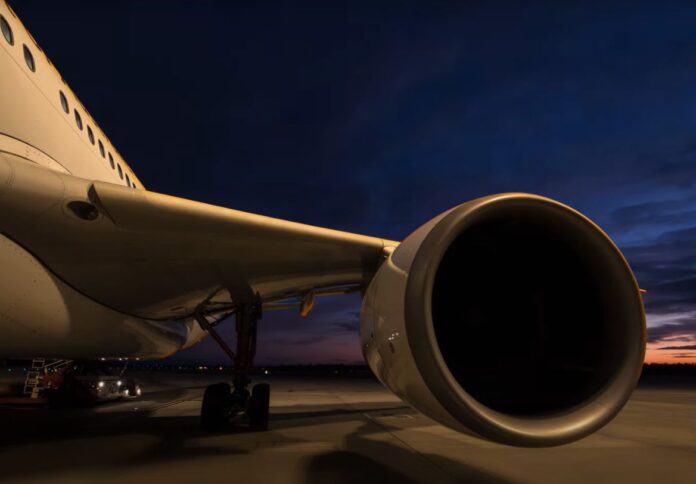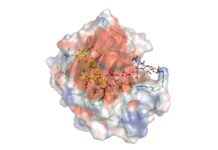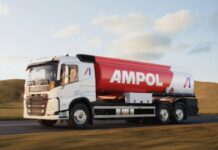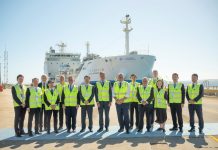
The Palaszczuk Government has ventured into a partnership with airline company Qantas to accelerate the growth of the local sustainable aviation fuel (SAF) industry and develop a SAF supply chain based in Queensland.
In a memorandum of understanding signed today, the Queensland government and Qantas will work together to identify the potential use of sugarcane and agricultural by-products in the production of biofuels and develop new feedstock sources and processes.
“Growing our SAF industry is one of those opportunities that will fuel Queensland’s economic future and contribute to decarbonisation targets,” said Deputy Premier Steven Miles. “With our rich supply of feedstock and skilled workforce, Qantas, and the world, has recognised Queensland as an ideal location to establish an Australasian SAF supply chain.”
Australia is yet to manufacture SAF at the commercial scale.
Qantas aims to have 10 per cent SAF in its fuel mix by 2030 and is currently using green aviation fuel imported abroad.
Earlier this year, the Palaszczuk Government, Qantas, and Airbus expressed their support for Jet Zero Australia to commence a feasibility study for a new biorefinery in Queensland, which could manufacture up to 100 million litres of SAF a year.
“Partnerships like this one with Qantas position Queensland as a SAF hub, along with the right mix of investment, government support and policy, and industry collaboration,” said Deputy Premier Miles. “Importantly, growing industries that will be in demand in a decarbonising world will create more good jobs for Queenslanders and new export opportunities.
“Qantas will be the largest single customer for Australian-made SAF, so it’s fantastic that the Queensland Government is seeking to partner with us so we can work together on establishing the industry from the ground up,” said Andrew Parker, chief sustainability officer at Qantas Group.”
The Queensland government recently collaborated with Ampola and to look into the feasibility of delivering an advanced biofuels manufacturing plant at Ampol’s Lytton site.
Furthermore, Oceania Biofuels is planning to build a commercial aviation fuel biorefinery in Gladstone, which could generate up to 350 million litres of SAF and renewable diesel each year.




















